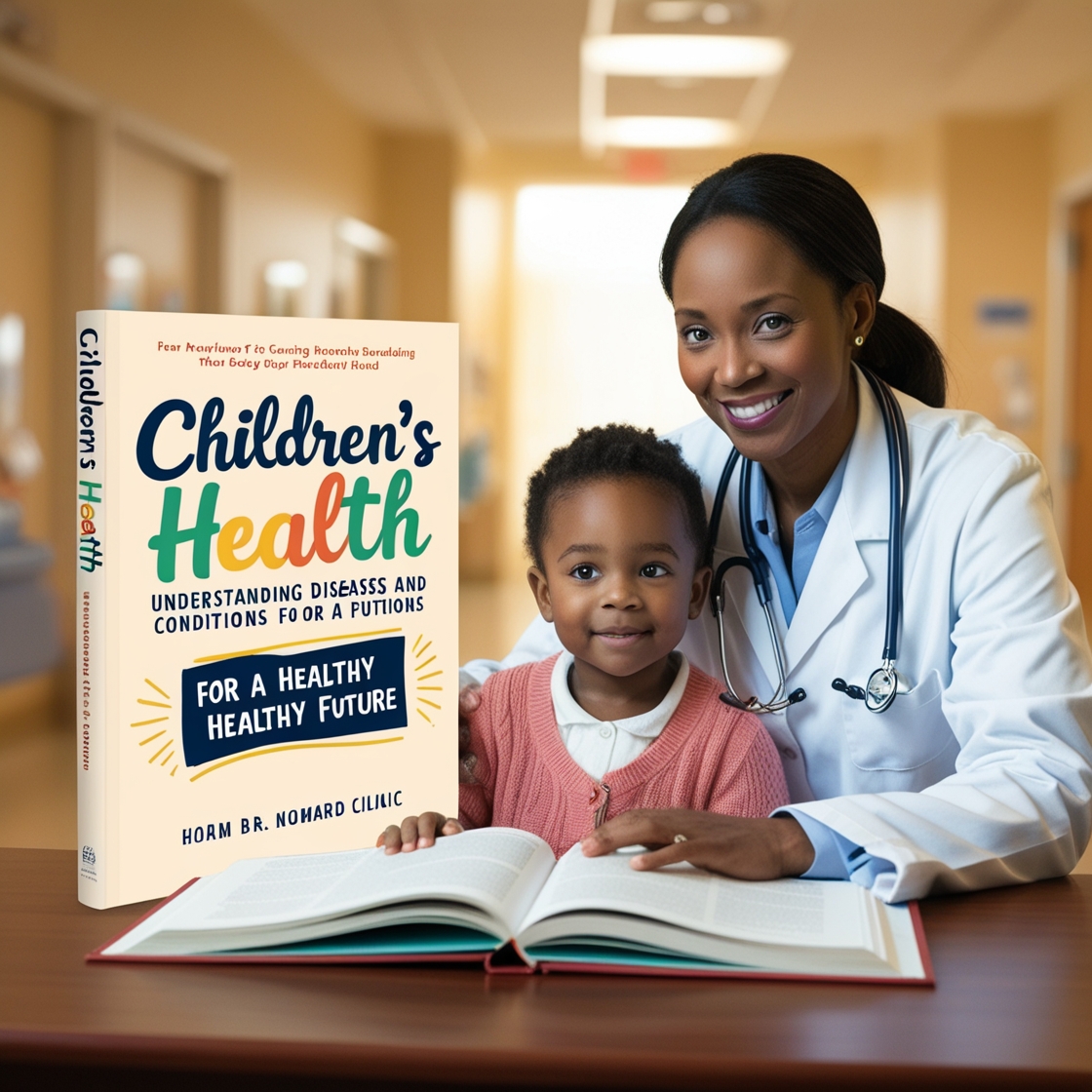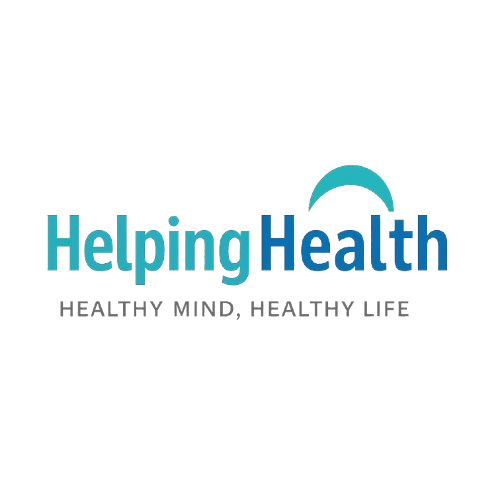
Children’s Health: Understanding Diseases and Conditions for a Healthy Future
Discover essential insights on children’s health, common diseases, preventive care, nutrition, and tips for parents. Learn how to build a healthier future for your child with “Helping Health.”
Introduction
Children’s health is the foundation of a strong, healthy, and prosperous society. From birth to adolescence, children undergo rapid growth, both physically and mentally. However, during this critical stage, they are also vulnerab
le to a wide range of diseases and conditions that can affect their overall development. Parents and caregivers play a vital role in ensuring proper healthcare, nutrition, vaccination, and emotional support for their children.
In this article, we at Helping Health will explore the most common childhood diseases, preventive strategies, healthy routines, and practical tips for raising healthier and happier kids.
Why Children’s Health Matters
Children are the future, and their well-being directly impacts communities and nations. A child’s health is not only limited to being disease-free but also includes:
-
Proper growth and development
-
Strong immunity
-
Emotional and mental stability
-
Social well-being and education
Ignoring health issues at a young age can lead to long-term complications, making early prevention and care essential.
Common Diseases & Conditions in Children
1. Respiratory Infections
-
Examples: Common cold, flu, pneumonia, and bronchitis.
-
Causes: Viruses and bacteria, poor hygiene, weak immunity.
-
Symptoms: Cough, runny nose, fever, difficulty breathing.
-
Prevention: Regular handwashing, flu vaccinations, avoiding exposure to sick people.
2. Diarrheal Diseases
-
Causes: Contaminated food, unsafe water, poor sanitation.
-
Symptoms: Loose stool, dehydration, stomach cramps.
-
Prevention: Safe drinking water, proper food hygiene, ORS (oral rehydration solution) during illness.
3. Malnutrition
-
Types: Undernutrition (stunted growth, underweight) and overnutrition (childhood obesity).
-
Causes: Poor diet, lack of breastfeeding, excessive junk food.
-
Prevention: Balanced diet, exclusive breastfeeding for the first 6 months, limiting sugar and processed food.
4. Skin Conditions
-
Examples: Eczema, rashes, fungal infections.
-
Causes: Allergies, poor hygiene, weak immunity.
-
Prevention: Good hygiene, mild soaps, consulting doctors for recurring conditions.
5. Asthma & Allergies
-
Causes: Dust, pollution, pollen, certain foods.
-
Symptoms: Wheezing, coughing, shortness of breath.
-
Prevention: Identifying triggers, keeping homes dust-free, prescribed inhalers.
6. Childhood Obesity
-
Causes: Sedentary lifestyle, excessive junk food, lack of exercise.
-
Risks: Diabetes, heart disease, low self-esteem.
-
Prevention: Healthy diet, daily physical activity, limited screen time.
7. Mental Health Conditions
-
Examples: Anxiety, depression, ADHD (Attention Deficit Hyperactivity Disorder).
-
Causes: Stress at home or school, genetics, poor nutrition.
-
Prevention: Emotional support, balanced routines, open communication, professional counseling when needed.
The Role of Nutrition in Children’s Health
A balanced diet fuels a child’s body and mind. Essential nutrients include:
-
Proteins: Eggs, fish, beans, chicken.
-
Carbohydrates: Whole grains, rice, fruits.
-
Healthy Fats: Nuts, seeds, olive oil.
-
Vitamins & Minerals: Vegetables, dairy, fruits.
-
Water: Keeps the body hydrated and supports metabolism.
???? Helping Health Tip: Avoid giving excessive processed foods, fried snacks, and sugary drinks. Instead, encourage fresh home-cooked meals and healthy snacks.
Importance of Vaccinations
Vaccination is one of the most effective ways to prevent deadly childhood diseases like measles, polio, whooping cough, and meningitis.
-
Follow the national immunization schedule.
-
Keep a vaccination card updated.
-
Consult pediatricians about new vaccines.
Vaccines not only protect children but also contribute to community immunity.
Building Healthy Routines for Children
Healthy routines reduce the risk of diseases and improve overall well-being.
-
Regular Sleep Schedule – Children need 8–12 hours of sleep depending on age.
-
Physical Activity – At least 60 minutes of play/exercise daily.
-
Screen Time Control – Limit gadgets, encourage outdoor activities.
-
Hygiene Habits – Handwashing, dental care, bathing regularly.
-
Family Time – Emotional bonding improves mental health.
Parenting Tips for Stronger Children’s Health
-
Encourage Open Communication: Talk to kids about their worries and emotions.
-
Teach Hygiene Early: Handwashing before meals, brushing teeth twice daily.
-
Routine Check-ups: Regular pediatric visits ensure early detection of health issues.
-
Boost Immunity Naturally: Include fruits, vegetables, turmeric milk, and probiotics.
-
Encourage Reading & Hobbies: Mental growth is as important as physical growth.
Preventive Health Care for Children
-
Annual Checkups: Growth monitoring, hearing, and vision tests.
-
Dental Care: First dental visit by age 1, routine checkups afterward.
-
Mental Health Screenings: Watch out for signs of stress, anxiety, or behavioral changes.
-
Safety Measures: Use helmets, car seats, childproofing at home.
When to See a Doctor
Seek medical help if your child shows:
-
High fever not responding to medication.
-
Severe dehydration (no urination for 6+ hours).
-
Breathing difficulties.
-
Persistent skin rashes.
-
Unexplained weight loss or fatigue.
Early medical attention prevents complications and ensures proper treatment.
Conclusion
Children’s health is the cornerstone of a brighter tomorrow. By focusing on nutrition, vaccinations, hygiene, preventive care, and emotional well-being, parents can give their children the best start in life. Remember, small daily habits build long-term health foundations.
At Helping Health, our mission is to guide parents and caregivers with practical advice and medical insights so every child can grow up with a healthy body, sharp mind, and joyful spirit.
